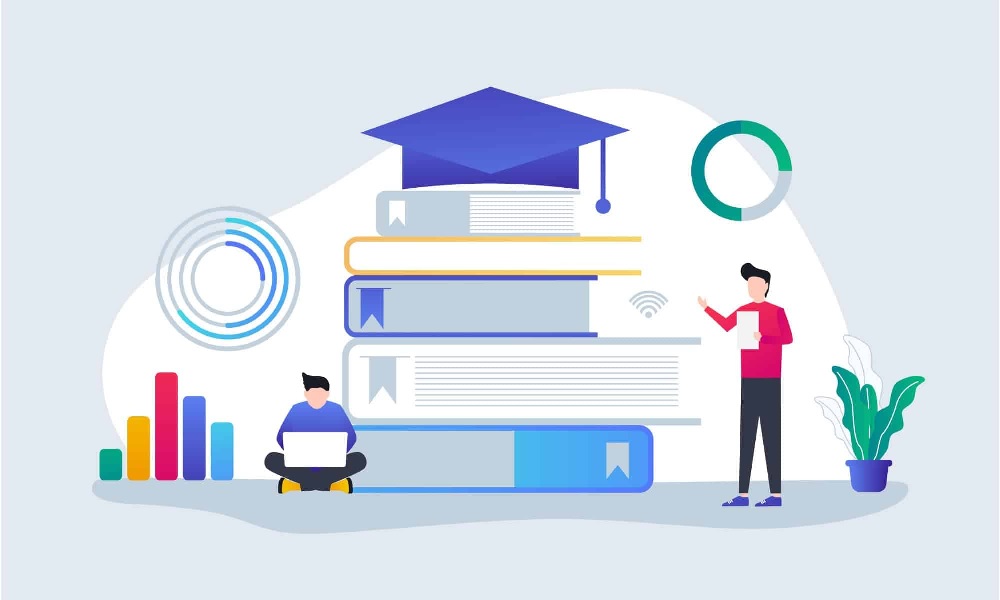In today’s digital world, data is being generated at an unprecedented rate. The education industry is no exception. With the increasing use of technology in classrooms, schools are generating vast amounts of data about student performance, behavior, and demographics. This data is commonly referred to as big data, and it is shaping education policies and practices in numerous ways.
Enhancing Student Learning

Big data has the potential to revolutionize the way students learn. By analyzing student data, teachers can identify areas where students are struggling and provide targeted interventions. For example, if a large number of students are struggling with a particular concept, the teacher can adjust their teaching style and provide additional resources to help students better understand the material.
Additionally, big data can help students set personalized goals and track their progress towards achieving them. For example, a student may set a goal to improve their reading comprehension by a certain percentage. By analyzing data from reading assessments, teachers can provide students with personalized feedback and resources to help them achieve their goal.
Improving Educational Decision Making
Big data is also helping education policymakers make more informed decisions. By analyzing data on student performance, behavior, and demographics, policymakers can identify areas where schools and districts are struggling and develop targeted interventions. For example, if data shows that a particular school is consistently underperforming, policymakers can provide additional resources or support to help the school improve.
Additionally, big data can help policymakers evaluate the effectiveness of education policies and programs. By analyzing data on student outcomes, policymakers can determine whether a particular program or policy is achieving its intended goals. If not, they can make adjustments or develop new policies to better meet the needs of students.
Challenges of Big Data in Education
While big data has the potential to revolutionize education, it also presents several challenges. One of the biggest challenges is ensuring the privacy and security of student data. Schools and districts must take steps to protect student data from unauthorized access or disclosure.
Another challenge is ensuring that data is used in an ethical and responsible manner. Schools and districts must be transparent about how they collect and use student data and must ensure that data is used to benefit students and improve educational outcomes.
Big data is shaping education policies and practices in numerous ways. By analyzing student data, teachers can provide targeted interventions to help students learn and achieve their goals. Policymakers can use data to identify areas where schools and districts are struggling and develop targeted interventions. However, big data also presents several challenges, including privacy and security concerns and the need for ethical and responsible use of data. As the use of technology in education continues to grow, it is important that schools and districts develop policies and practices that ensure the responsible use of big data to benefit students and improve educational outcomes.



